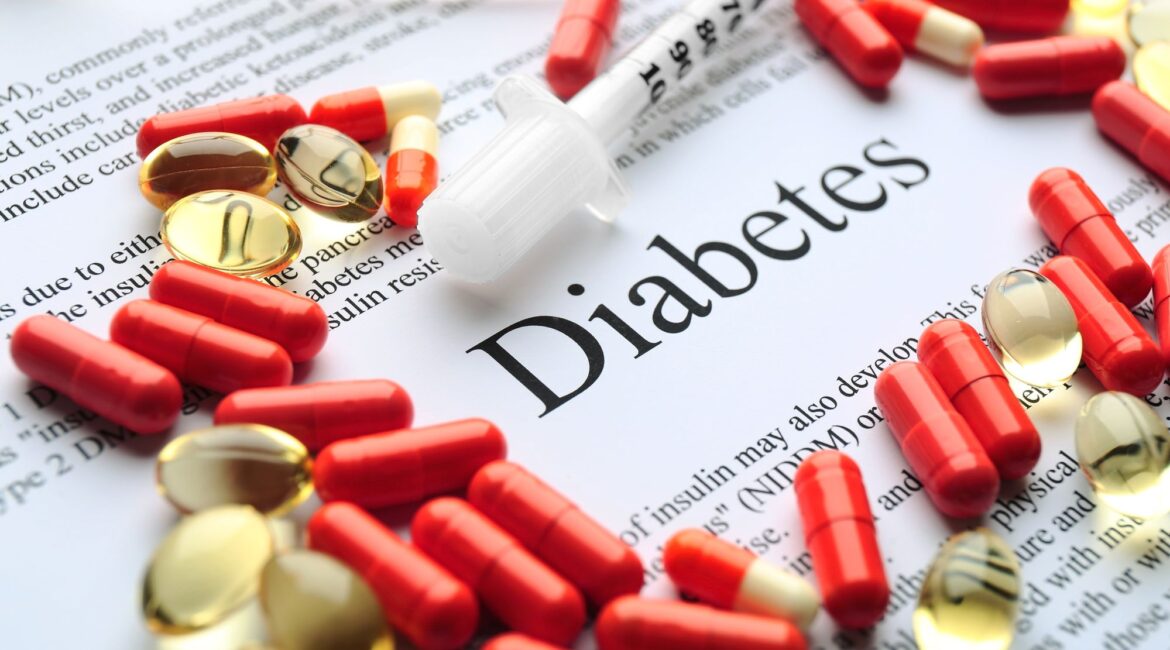Diabetes medications fall into two broad classes – Oral Pills and Injectables. Oral pills fall into different classes of drugs depending upon the mode of action. We will be covering in detail about Dipeptidyl peptidase-4 or DPP4 Inhibitors here.
Background
DPP4 inhibitors are a branch of the family of incretin drugs, the other branch consists of the GLP-1 agonists.
Mode Of Action
It works by suppressing the enzyme (DPP4) that breaks down the incretin hormones, resulting in a prolonged action of those hormones. GLP-1, an incretin hormone, stimulates the beta-cells of the pancreas to produce insulin only when blood sugar is raised, and it lowers the production of glucagon at mealtimes. It also regulates the action of the stomach valves; with high GLP-1 levels, the valve won’t let food through to the small intestines (creating a sense of fullness).
Other Benefits:
- Weight loss due to reduced appetite.
- Reduced risk for hypoglycemia as compared to older beta cell-stimulating drugs.
Side Effects
- Stomach discomfort
- Diarrhea
- Sore throat
- Stuffy nose
- Upper respiratory infection
- Associated with acute and chronic pancreatitis, and increased inflammation, joint pain.
- + SEE FDA WARNINGS
For Onglyza, possibly increased risk for heart failure and a decrease in white blood cells.
NOTE
Should not be taken as a combination drug with Metformin, or simultaneously, as the delay in stomach emptying can increase the side effects of Metformin!
Contraindications
- Cancer patients
- Patients with kidney impairment.
Brands (Generic name in brackets)
- Januvia (Sitagliptin)
- Onglyza (Saxagliptin)
- Trajenta (Linagliptin)
- Nexina (Alogliptin)
FDA Warnings
- Heart failure risk linked to users of Saxagliptin and Alogliptin.
- Severe joint pain (2015).
References:
- www.fda.gov
- Blood Sugar 101 by Jenny Ruhl.
- Master Your Diabetes by Dr. Mona Morstein.

